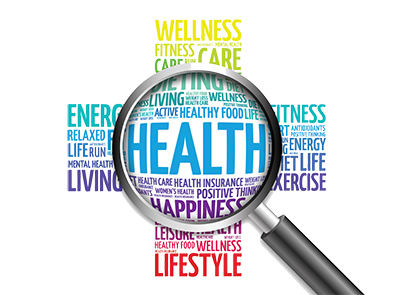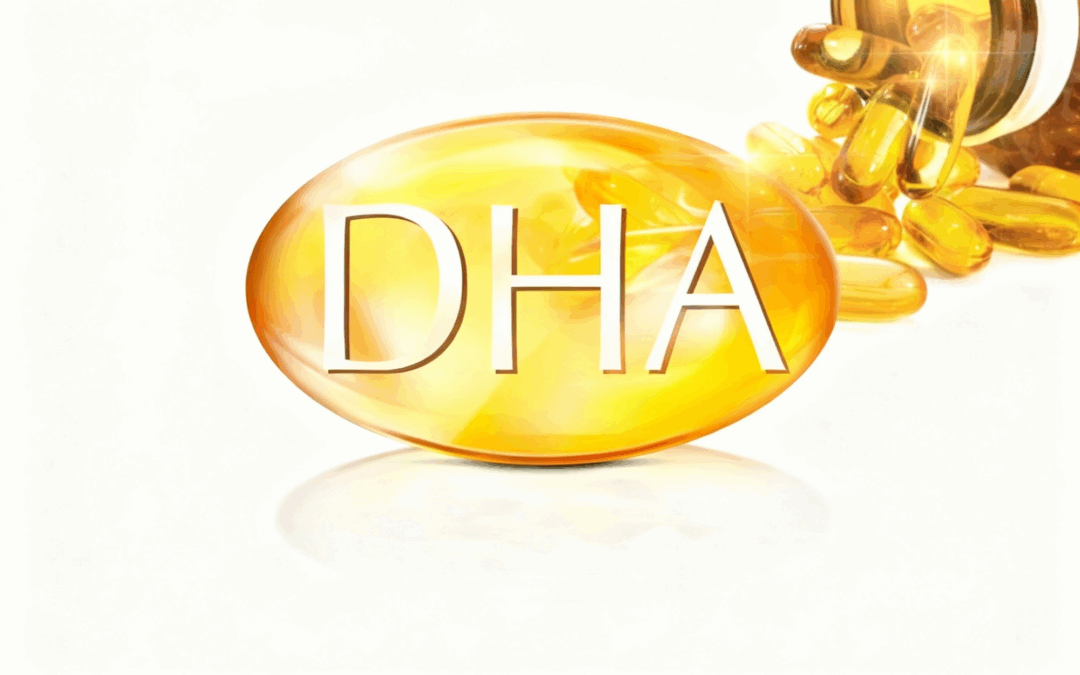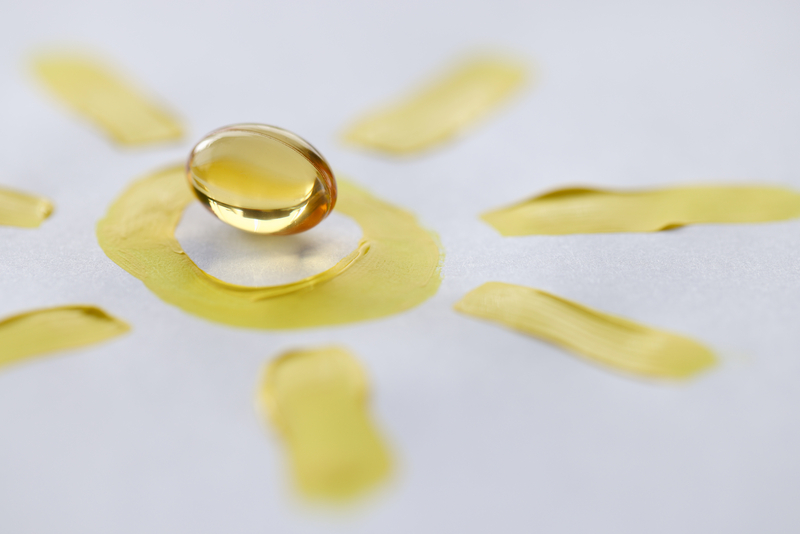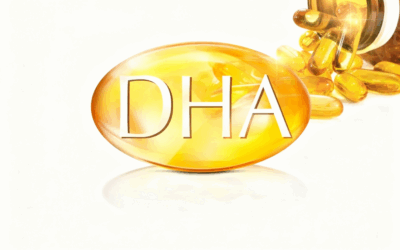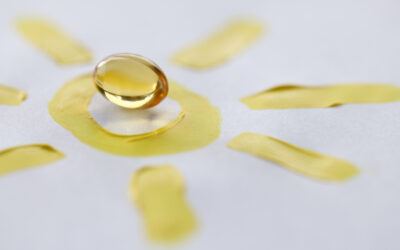Exploring Spirulina’s Potential for COVID-19 Recovery: A Groundbreaking Study
Spirulina, a blue-green algae that has been known for decades for its immune-boosting properties, has also shown promise in fighting inflammation, viruses, and harmful free radicals. This study from early 2024 focused on Spirulina’s potential in COVID-19 treatment, especially for hospitalized patients needing extra support. Scientists aimed to find out if high doses of Spirulina could improve recovery rates and reduce mortality in patients with COVID-19. And sure enough it did!
Study Setup and Methodology
The study included 189 hospitalized COVID-19 patients, split into two groups: one received 15.2 grams of Spirulina daily along with standard COVID-19 treatment, while the other group received only standard treatment. This trial took place over six days, monitoring the patients’ immune responses on days 1, 3, 5, and 7. The main goal? To see if more patients in the Spirulina group recovered faster and if there were any side effects.
Key Findings
- Mortality: By the end of the seven days, no patients in the Spirulina group had died, while 15 patients in the control group (without Spirulina) passed away. This suggests that Spirulina might have helped prevent severe outcomes.
- Hospital Discharge Rates: Non-ICU patients who took Spirulina were more likely to be discharged within seven days—97.7% of Spirulina patients compared to only 39.1% of those in the control group.
- Reduced Inflammation: The group taking Spirulina had lower levels of harmful inflammation markers (called IL-6 and TNF-α) over time. These markers are key players in the severe immune reaction seen in COVID-19, known as a “cytokine storm.” They also had higher levels of a helpful immune protein called IFN-γ, which may support better recovery and outcomes.
- No Side Effects: No serious side effects were reported from taking Spirulina, making it a completely safe addition to the existing treatment.
Conclusion: The Potential of Spirulina in COVID-19 Treatment
This study suggests that Spirulina could be a valuable supplement for COVID-19 patients, particularly for reducing mortality and speeding up recovery times. Given its accessibility and affordability, Spirulina could be a practical addition to standard treatments, especially in resource-limited settings. While more research is always needed, these promising findings open up new possibilities for using this superfood in future medical treatments.
Whether this information will be remembered and whether Spirulina will be utilized during the next wave of COVID-19 or a similar crisis remains highly uncertain.
In the meantime, you can choose to incorporate Spirulina into your daily routine. It is affordable, has no side effects, and is backed by decades of research.
Source:
Front. Immunol., 08 April 2024, Vol 15, 10.3389/fimmu.2024.1332425.
In this study with hospitalized COVID patients, none of the Spirulina group patients died, compared to 15 in the control group. 97.7% of non-ICU Spirulina patients were discharged, versus 39.1% in the control group. Just 15 grams of spirulina costing less than one dollar, was able to achieve this!
